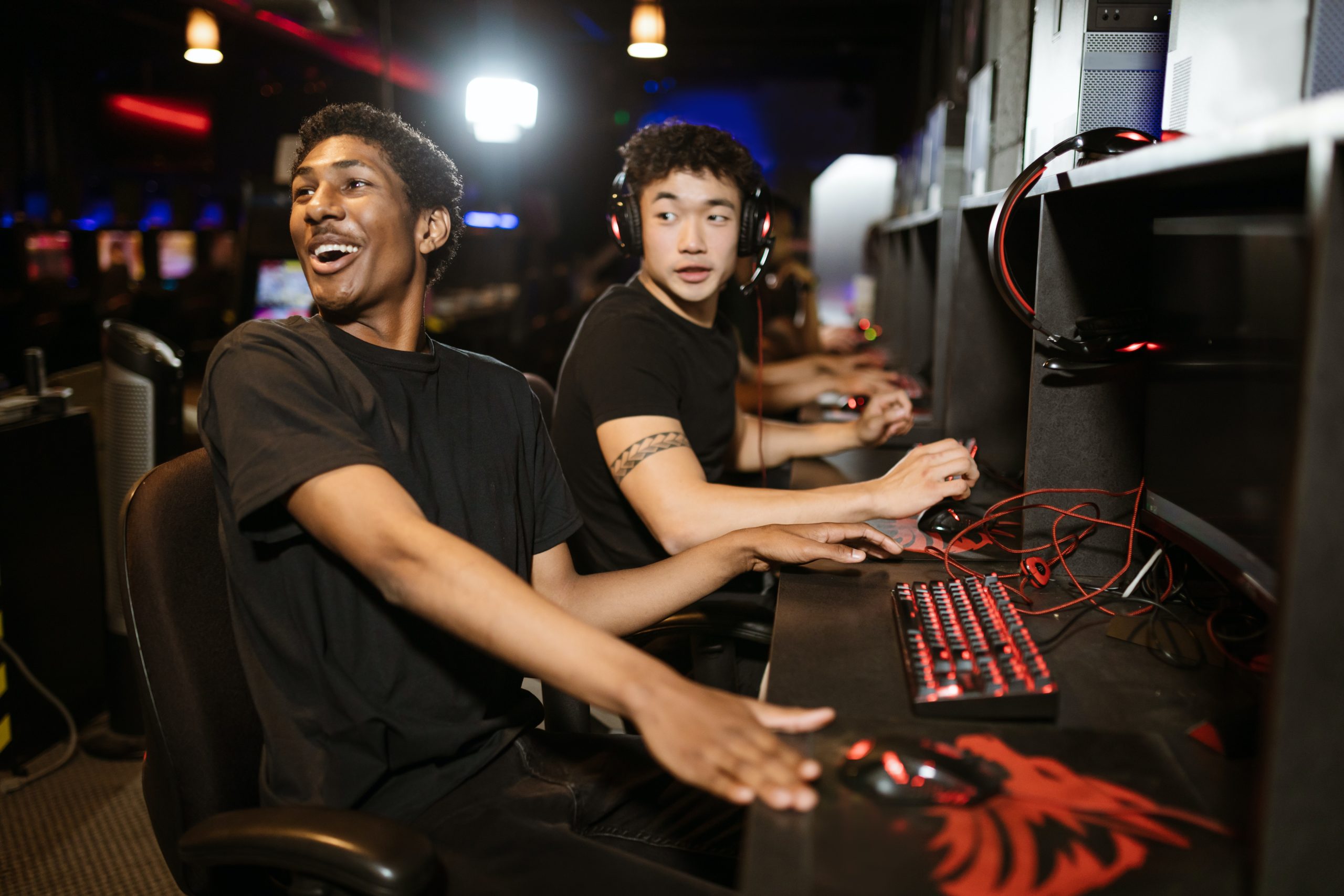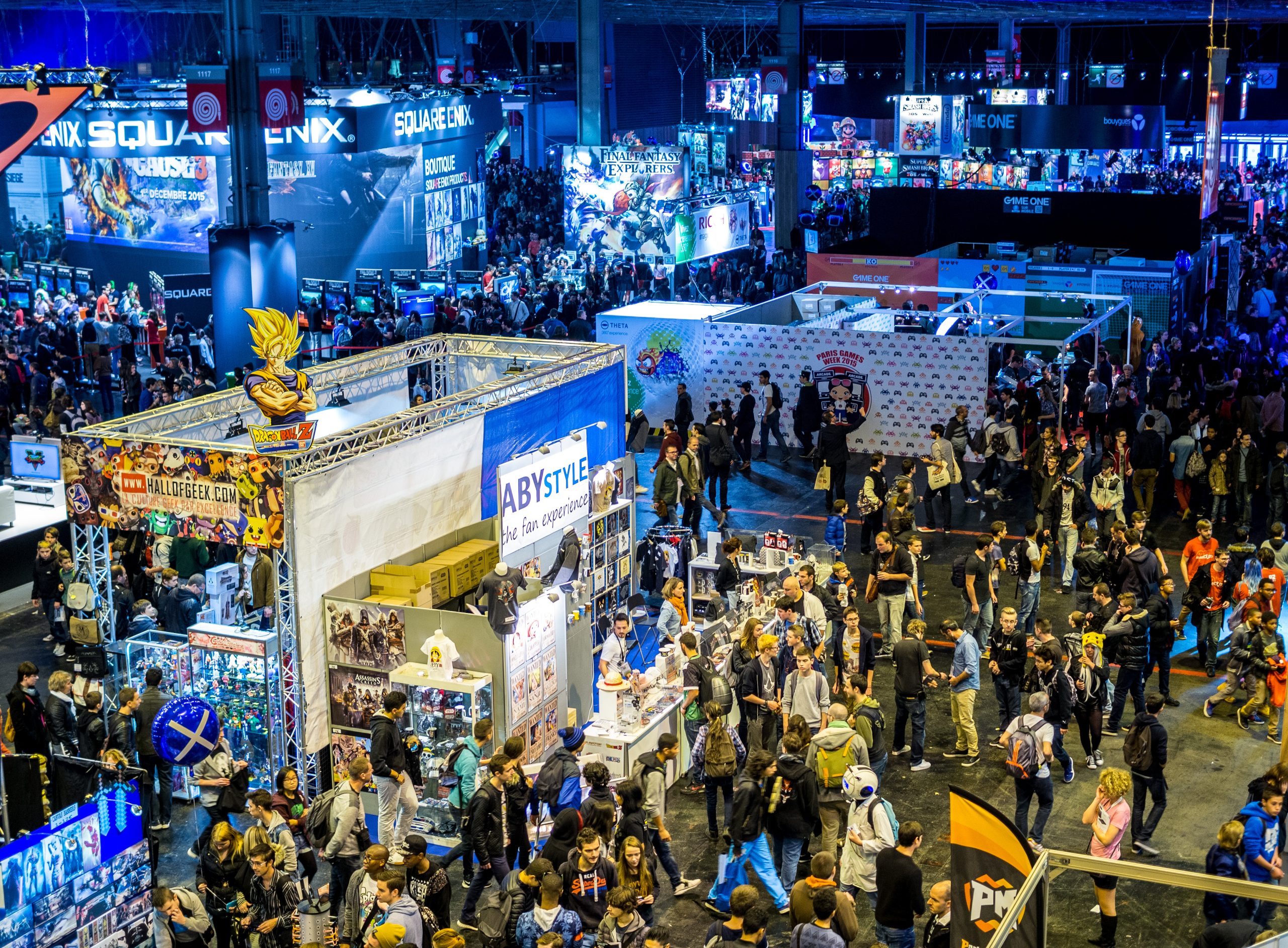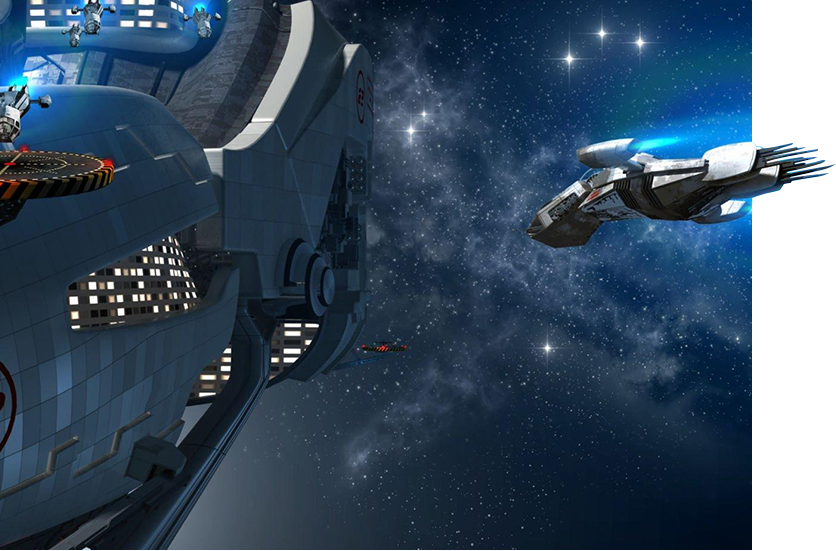As you plan a launch campaign for your game, certain marketing materials–or assets–are common within the marketing and PR space for a successful launch. Journalists use these assets to populate features and reviews, and consumers look to them for further insight into your title before purchasing. These assets bolster your game and your brand’s media presence, maximizing your coverage potential with simple steps.
Create a Media Kit
A term to familiarize yourself with is media kit. All studio websites will feature this media kit–sometimes called a press kit–for journalists and content creators to reference when publishing materials related to your project. A media kit is a collection of videos, images, and written descriptions that best represent your game; among these assets may be in-game screenshots, trailers, concept art, and a one-page summary of your game and studio. A media kit is crucial for coverage. Journalists and other creators rely on developers to provide additional content for their posts; banner images at the top of an article, for example, come from a media kit. Games have a significantly higher chance of earning coverage if they include a trailer with their asset materials, so creating a solid trailer is paramount. Press kits are commonly found on a studio’s website; when running a PR campaign for your game, these assets are attached to press releases, offering journalists all of the materials they need in one place to cover your game.
Optimize Your Store Pages
While your media kit gives creators a snapshot of your game, your store pages offer more detailed insight into your project. Whether on PC marketplaces (Steam, itch.io, Epic), mobile stores (iOS and Android), or console shops (Nintendo, Xbox, PlayStation), your landing page should be concise and highlight the most important aspects of your game. We’ve already covered the essentials to nailing your Steam page, but here are the basics:
- Select simple capsule art to draw a viewer’s attention without overwhelming them; if your game has multiple characters, select one to showcase in your key art. Keeping text to a minimum means more focus on the art and the title, which should be legible from Steam’s search bar. Rotating these capsule images also secures new clicks from those who didn’t resonate with the previous key image.
- Swap screenshots for GIFs to draw attention to the details of your game.
- When summarizing your game, match your language with the game’s tone. A horror title should leave viewers feeling curious and uneasy, while a roguelike should reflect the high-octane pace of the genre.
While each platform has its format for these store pages, the bare bones remain the same. Nail your tone, include engaging art, and keep text to a minimum. If wishlist or download numbers are low, try changing your art and revising your language until you find a combination that lands with consumers.
Build Your Brand
Social media pages are another great asset for supporting your game. Whether these pages are dedicated to your game or the studio itself, keeping them populated with development updates and notes for the community will expand your reach. Twitter is the most popular platform for game developers, consumers, and journalists, and it’s relatively easy to maintain compared to other platforms. Interacting with other independent artists and game journalists is also a great networking opportunity and puts you on the industry’s radar. Beyond social media, keeping an updated website lets you store all of your assets–media kit, page links, social media handles–in one place. Press kits warrant their own tab, while the landing page briefly summarizes your game, your best assets, and storefront links. An “About” tab is also beneficial, giving visitors insight into your studio, inspiration, and previous experience.
Ensuring you have assets for your game is a relatively straightforward task with great benefits. Having a great trailer that draws the attention of a prominent news site or concept art that inspires an interview with the artist positively impacts your game’s reach and strengthens your brand’s professional reputation. No two asset folders are the same, and deciding which tone, images, and footage best represents your game can be difficult when you’ve spent so much time on a project. If you need a fresh set of eyes, message us, and we’ll be happy to take your launch campaign to the next level.













